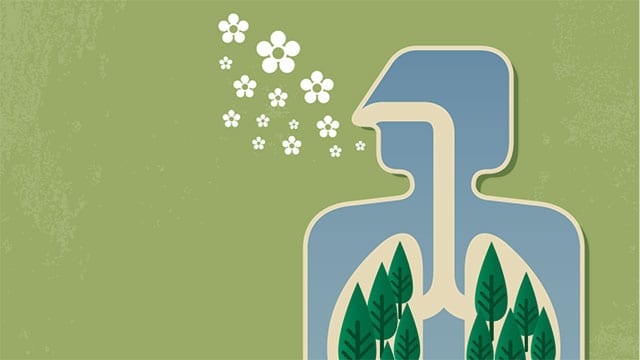
The air in our home filters through our lungs, day in and day out. And most people don’t know how much bacteria, dust, and other allergens are floating around in it. Things such as chronic coughing, allergies, and skin conditions can often be caused by the poor air quality in our homes and can usually be remedied pretty easily. But how, you ask? There’s a number of different ways to improve the air quality in your house but here are some of the easiest ways.
Get a Dehumidifier
Sure, this sounds simple enough, but a lot of people don’t realize that the moisture levels in their homes are way too high and carry in it tons of harmful bacteria, viruses, mold, etc. A dehumidifier is a device that sucks the excess moisture from your home’s air and reduces the harmful contaminants found in it. These can be a simple, small unit that plugs in or a large whole home dehumidifier which is professionally installed within your house’s HVAC system. Good Air Geeks has some of the best information and product recommendations on humidifiers, so be sure to check them out.
Get a Humidifier
While some people face the issue of high moisture levels, others have to deal with the complete opposite. Hot and dry climates result in moisture levels that are far too low for your home and can cause things like chronic coughing, dry throat, dry and itchy eyes as well as irritated skin conditions. A humidifier can help alleviate all of those issues! They work in different ways, depending on the model you have; warm mist or cool mist. Each offering different pros and cons. Like a dehumidifier, they can be a simple unit that is plugged in or a whole home system that is permanently installed to control the moisture levels in your home. If you want something more portable there are plenty of products that fit your wishes.
Invest in Some Plants
Having plants in your home can liven up space, add color to a room, bring life to a boring area, and also gives us a great hobby. But houseplants can also vastly improve the air quality in our homes. They act as an organic filter, breathing in the air and then releasing clean oxygen for us. This tip works in both humid and dry climates, you just have to adjust the care the pants require in regard to watering and exposure to sunlight. Here are some popular plants you can get for your home that are also easy to take care of.
Garden Mum
The Garden Mum is a pretty and simple flower that can be purchased at any home garden store. It’s neutral in color, easy to care for, and grows all years round. You can also plant it outside. Removes benzene, ammonia, xylene, and formaldehyde from the air.
Spider Plant
This green foliage plant fills the room, is easy to care for and grows like a weed. It’s leaves filter the air on a daily basis and the plant can be purchased at any nursery or home store. Removes xylene and formaldehyde.
Bamboo
This is one of the most low maintenance plants in the world. It grows at a rapid rate, requires little to no care, just a bit of sunlight and watering. It can even grow without the use of soil! Removes benzene as well as trichloroethylene and formaldehyde.
Clean Youre Vents
You would be absolutely disgusted if you knew the things living in your ventilation system. And I don’t mean critters. I mean dust mites, allergens, mold spore, and other nasty things hardly visible to the human eye. Getting your vents professionally cleaned out once or twice a year can vastly improve the air quality in your home. Just think; each time your HVAC system kicks in, the air is forced through the vents and whatever has been hanging out in there is blown out to your home’s air and right into your lungs.
Get Your Air Tested
Yes, believe it or not, you can actually have your home’s air tested. There are kits you can but to do it yourself, but I’d recommend having a professional come and do it. That way, they can make sure nothing is overlooked, hey can also explain everything in detail and provide an action plan to improve your air quality.
The Bottom Line
And there you have it. If you think the air quality in your home could be better, then consider the tips above. A few small changes can make all the world of difference to the air you breathe but also to the air your skin is exposed to. Don’t go another day with a dry cough, watery eyes, or itchy skin. And, as an added tip of caution, if you suspect your home has a serious mold problem, these tips may not work until you have it taken care of. Consult a remediation professional if that’s the case.
